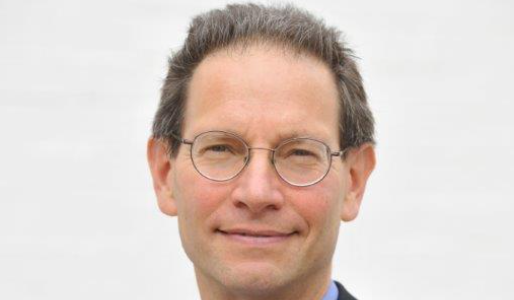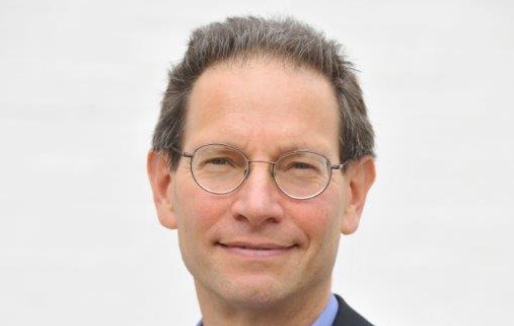
“The US should neither run the world, nor run from it”


In 1796, American President George Washington in his farewell address cautioned the young nation “to steer clear of permanent alliances with any portion of the foreign world. “
Isolationism thereafter became one of the most influential political trends in American history. From the founding era until the Japanese attack on Pearl Harbor, the United States shunned strategic commitments abroad, making only brief detours during the Spanish-American War and World War I. In the midst of World War II and the Cold War, Americans abandoned isolationism, as they tried to run the world rather than run away from it.
Charles Kupchan explores the enduring connection between the isolationist impulse and the American experience. Since 1941, the United States has taken a much more interventionist approach to change the world. America now needs to find the middle ground between doing too much and doing too little.
French President Emmanuel Macron received a phone call this week from president-elect Joe Biden, who acknowledged that France was America’s closest ally, citing 1793, barely 15 years after the US forged a military alliance with France to bolster its battle for independence from Britain, although President George Washington refused to return the favour and support Paris in its own war with the British.
Charle Kupchan, a former adviser in both the Obama and Clinton administration and an informal one to Team Biden, advocates a more assertive and moralising use of US power, who now look to a Biden presidency for a “return” to normal and should pursue a lighter form of isolation, after the turbulent years of Donald Trump.
“Commerce with all nations, alliance with none”, advocates Thomas Jefferson. Overseas engagement in the pursuit of liberal internationalism has also cost America dear, the cold wars, and the conflict of Iran and Afghanistan which saw the US become involved in costly embarrassments, he argues in Isolationism. America ended up with the uncomfortable role of global policeman unable to satisfy the multiple demands placed on it internationally.
At home, foreign adventures and their human, political and economic costs became a source of mounting notorious discontent.
He argued American politicians should “stop pretending the United States runs the world”. Instead, he says, America should turn to something of a Goldilocks recipe in which it neither runs the world nor runs away from it.
Like saying yes to resuming an active role in international bodies such as the Paris climate accord, but not to any unilateral military missions in what he terms at “strategic Periphery” –the Middle East.
“The United States should stand by its exceptionalism calling” Kupchan argues in support of his middle ground with strategic policies with global partnerships including the democracies and non-democracies by setting an example for the world rather than seeking to impose its military might and reclaiming the “ exceptionalism mantle”.
Isolationism: A History of America’s Efforts to Shield Itself from the World by Charles A. Kupchan, OUP $29.95, 464 pages.
